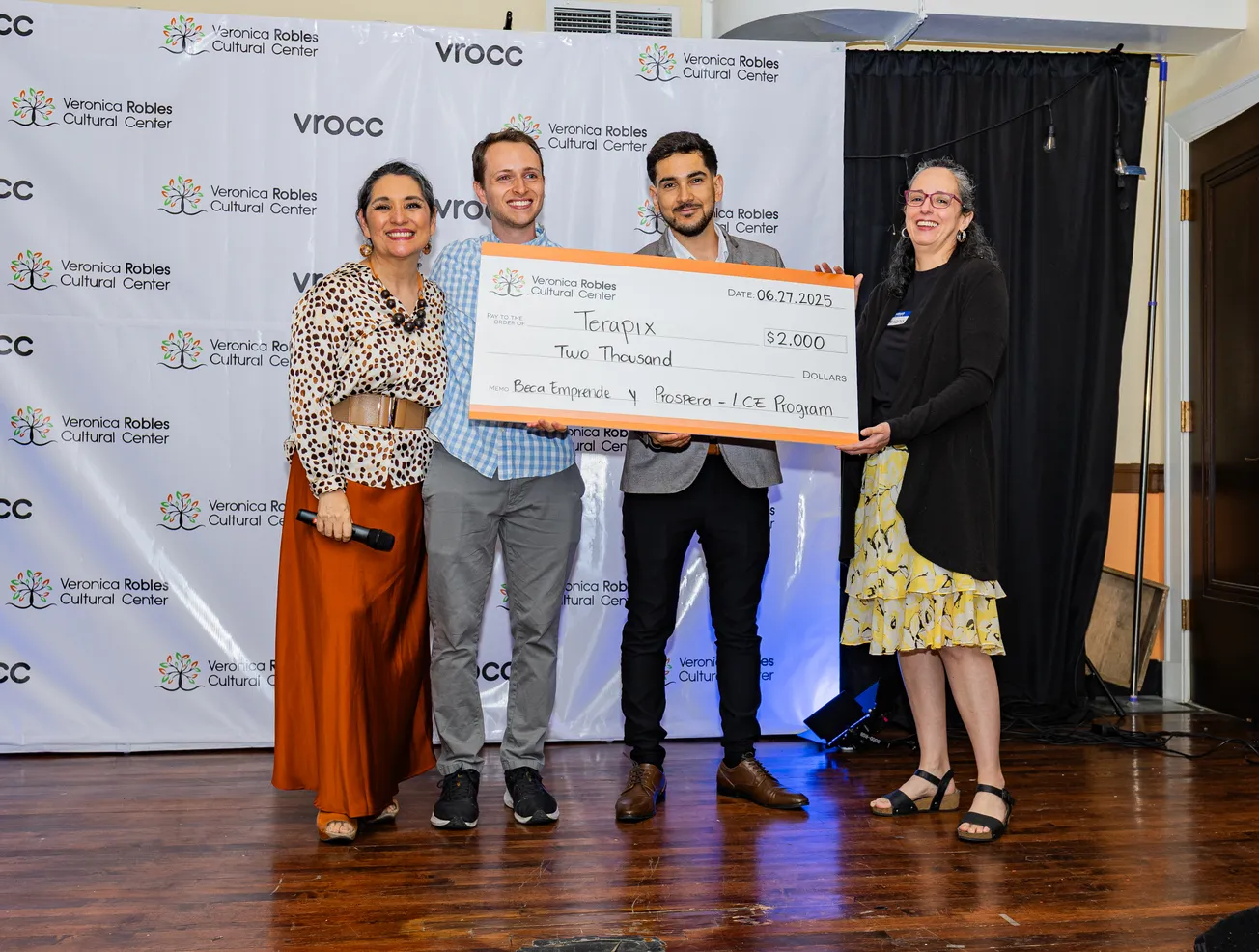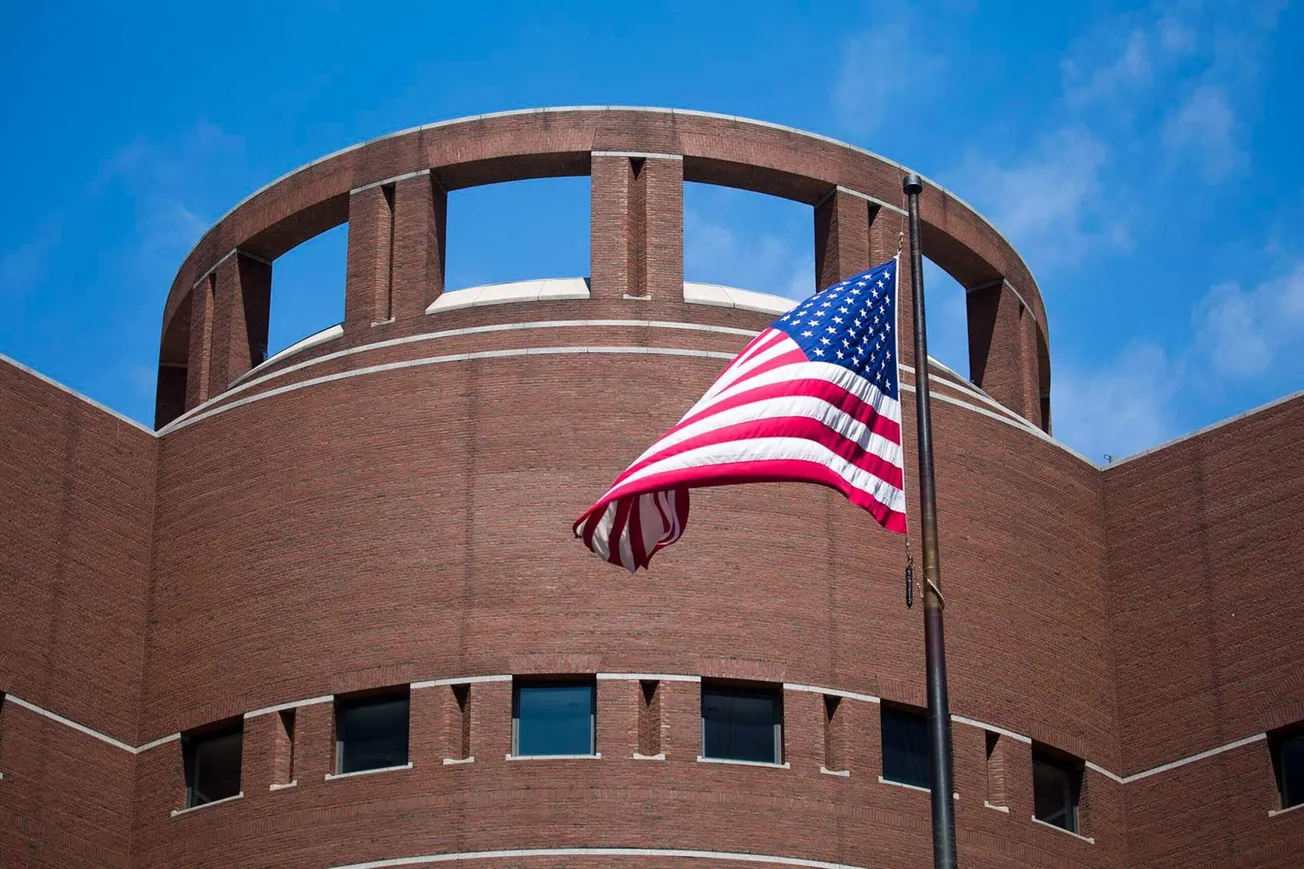WASHINGTON–More than 5,000 children of immigrants are languishing in state foster care nationwide because their parents were living in the United States illegally and were detained or deported by federal immigration authorities.
These children can spend years in foster homes, and some are put up for adoption after termination of their parentsÂ’ custody rights.With neither state nor federal officials addressing the problem, thousands more are poised to enter the child welfare system every year.
«They can be dropped into the foster care system for an indefinite period of time,» says Wendy D. Cervantes, vice president for immigration and child rights policy at First Focus, a bipartisan advocacy organization in Washington, D.C. «This causes severe long-term consequences to a childÂ’s development. It has a negative impact on the country as a whole and a direct impact on taxpayers. The fact that these children have parents means they shouldnÂ’t be in the system in the first place.»
A recent report by the Applied Research Center (ARC), a national racial-justice think thank, found that when immigration enforcement methods intersect with the child welfare system, consequences for immigrant families can be devastating and long-lasting.
Jailed or deported parents are prevented from reuniting with their children, and parents held in immigration detention centers are penalized for being unable to attend hearings in family court. They are also penalized for not meeting court-ordered requirements for regaining custody of their children. The requirements are impossible to meet from jail.
In addition, detained parents often arenÂ’t aware that they can request that their children be returned upon deportation, placed with relatives in the United States, or allowed to return to their home countries. Parents unable to speak, read or write English, let alone understand complicated legal rulings, are often uninformed of their legal rights or where their children have been sent. They often donÂ’t have lawyers to help navigate the child welfare system.
«Immigration policies and laws are based on the assumption that families will, and should, be united, whether or not parents are deported,» the ARC report states. «Similarly, child welfare policy aims to reunify families whenever possible. In practice, however, when mothers and fathers are detained and deported and their children are relegated to foster care, family separation can last for extended periods. Too often, these children lose the opportunity to ever see their parents again when a juvenile dependency court terminates parental rights.»
Encarnación Bail, an undocumented immigrant from Guatemala, who is in a prolonged fight to regain custody of her son, has confronted many of these obstacles.
She lost custody of her infant son, Carlos, in 2008, a year and a half after she was arrested and jailed by federal immigration authorities during a raid of the poultry plant where she worked in Cassville, Missouri. Awaiting deportation, she spent two years in federal detention, first in a local county jail in Missouri and then in a federal prison in West Virginia. During her imprisonment, relatives caring for Carlos gave the baby to a local couple who were childless. After a county court terminated BailÂ’s parental rights on grounds that she had abandoned the baby, the couple adopted her son.
The court sent an official letter to Bail informing her that the couple was caring for her son, but the letter never reached her and was returned unopened to the court. When a formal adoption petition did reach her, Bail was stunned. With the assistance of a prison guard and an English-speaking visitor from Guatemala, Bail wrote back that she did not want her son put up for adoption and wanted him placed in foster care until she was released. She also requested visitation with Carlos. She never received a response from the court and she was never informed about the custody hearings.
The Guatemalan





